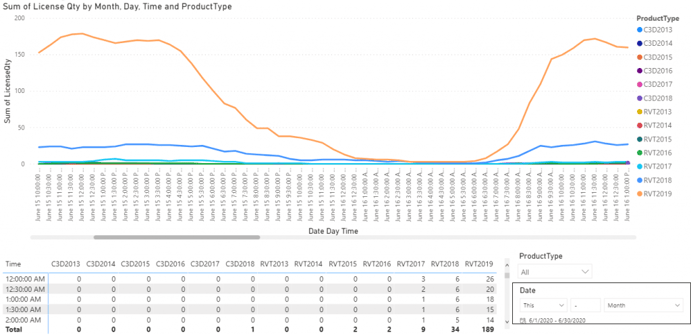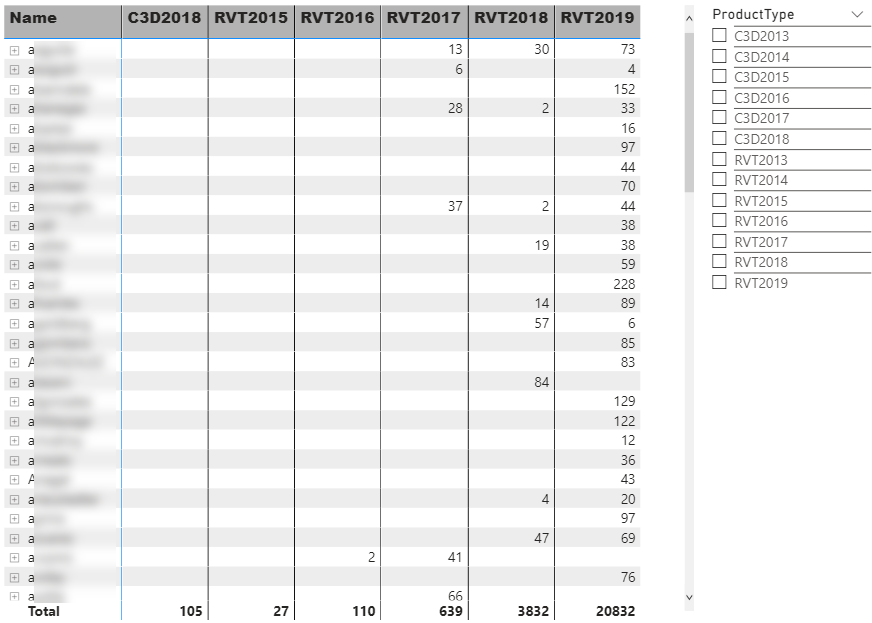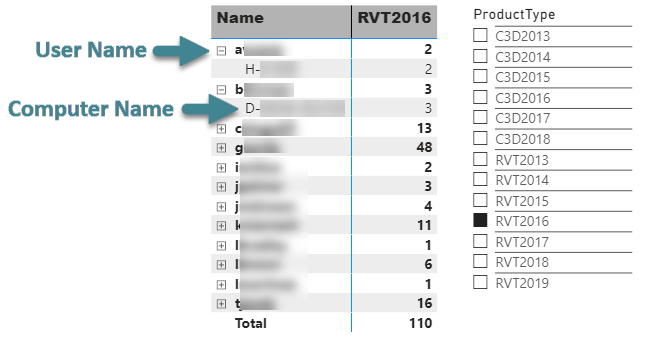As you may have heard, Autodesk is retiring software subscription plans based on serial numbers and replacing them with new plans based on people. This change will have the greatest impact on customers with multi-user licenses, and anyone with a subscription renewal after August 7th, 2020 will need to make important decisions about how to move forward in this new licensing model. There are several critical factors to consider as this transition occurs, and we will outline those here.
In the past, Autodesk licensing was flexible, and you could obtain legacy licensing for your older projects, or to continue work on long-term projects, relatively easily and without having to migrate them to the current version. With the Named User license model, you will be limited to having access to the current version and 3 prior versions, which as of this writing means versions from 2021 back to 2018. To accommodate this situation and enable access to licenses prior to the 2018 versions, Autodesk will allow you to continue to leverage your network licenses as you always have through the FlexLM license manager. The trade off to this scenario is that there will be long-term limitations for the licenses that are not moved to the new model, including giving up your 2:1 trade-in opportunity and the inability to renew those licenses after August 7th, 2021.
Those clients with licenses that were moved from Maintenance to Subscription, or ‘M2S’, will also need to determine if they take Autodesk’s 2 for 1 offer, whereby clients can receive two named user licenses for every multi-user license currently owned. This offer is only available at your first renewal after August 7th, 2020. For some clients this is a great opportunity to get two licenses for the same cost as one multi-user license. But for many others, a single multi-user license was shared among 3, 4, 5 or even more people, and they could now be faced with having to make significant purchasing decisions to accommodate these intermittent but essential users. In either case, a thorough understanding of how your licensing is being leveraged will significantly improve your ability to avoid being over- or under- licensed.
As you can see, there is more to this transition than initially meets the eye. Autodesk’s out-of-the-box license management tool has always been lacking and difficult to interpret, and more than ever it’s imperative that firms understand how their current Autodesk technology is being leveraged in order to optimize their investment strategies moving forward.
MG has been hard at work identifying ways to gather Autodesk license usage data that will help companies make informed decisions about their technology investments and prepare them for this difficult transition. We are now ready to deliver this solution to you! Our tool will allow you to gather significant insights into your multi-user license usage including who is using them, what specific products (even from AEC collections!) are in use, where and when the licenses were pulled, and of course what version of the tools are being used. The image below illustrates how this data might look in the default view, but you can easily filter on a single product or customize the view in any number of other ways.

Our dashboards will dive into your usage to help you clearly understand how many licenses and at what software versions you’ll need to continue to manage through your FlexLM server configuration. You’ll be able to determine, in a confident and informed manner, how many licenses can transition to the new named-user licensing model, establish your budget to accommodate your anticipated needs, or decide if additional investments can be avoided altogether. Should you need to continue to run FlexLM to accommodate legacy software needs you’ll also be able to determine when you can retire them, to save from ongoing costs as your legacy projects finish up or get migrated to more current versions.

With the Product Type filtering enabled, in this case RVT2016, you can see who is checking out Revit 2016 and what computer they used.

MG is here to help you navigate this new licensing paradigm with innovative, near-real-time data gathering and reporting solutions. With the Named User transition starting later this summer, the more time you have to analyze your license usage before your next renewal, the better armed you’ll be to navigate this transition. As an added benefit, this data will continue to be available, in an ongoing manner, to help you make smart investment decisions as your needs fluctuate in the future.
We’re only covering the high level of this named user license model transition, but there is certainly more to consider. If your subscription renewal date is coming up after August 7th, 2020, contact us to discuss what your organization can achieve with better insights into your Autodesk software usage.
Contact us to learn more about your options and the trade-in offers available.

Jarod Schultz the Director of Research and Development at MG AEC Technology Partners. Jarod works with numerous national and international, design firms to streamline processes and remove inefficiencies from their daily workflows.

Ian Roth is a licensed architect and Director of Professional Services for MG AEC Technology Partners. Ian leads a team of design technology specialists dedicated to developing and implementing innovation in the AEC industry.